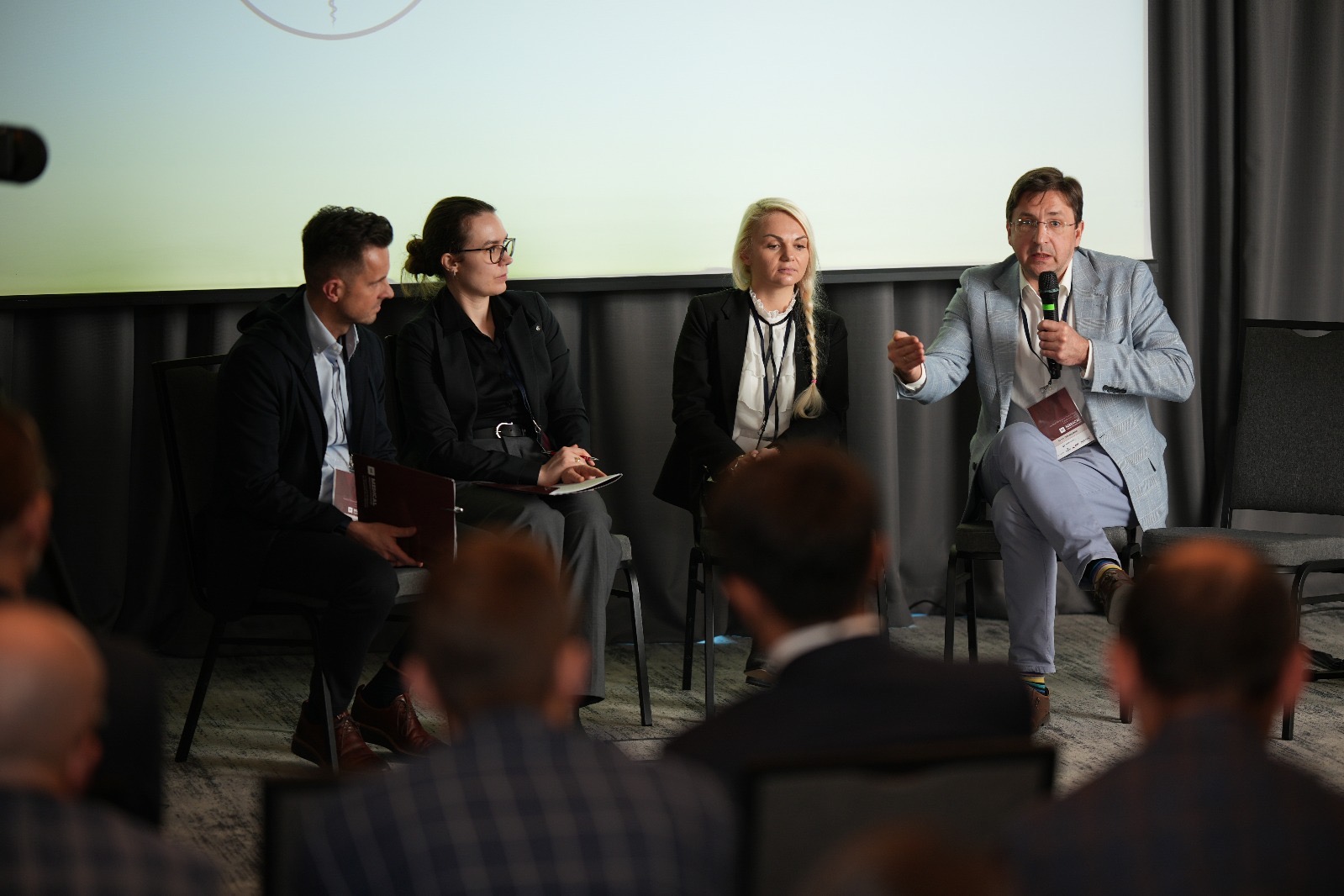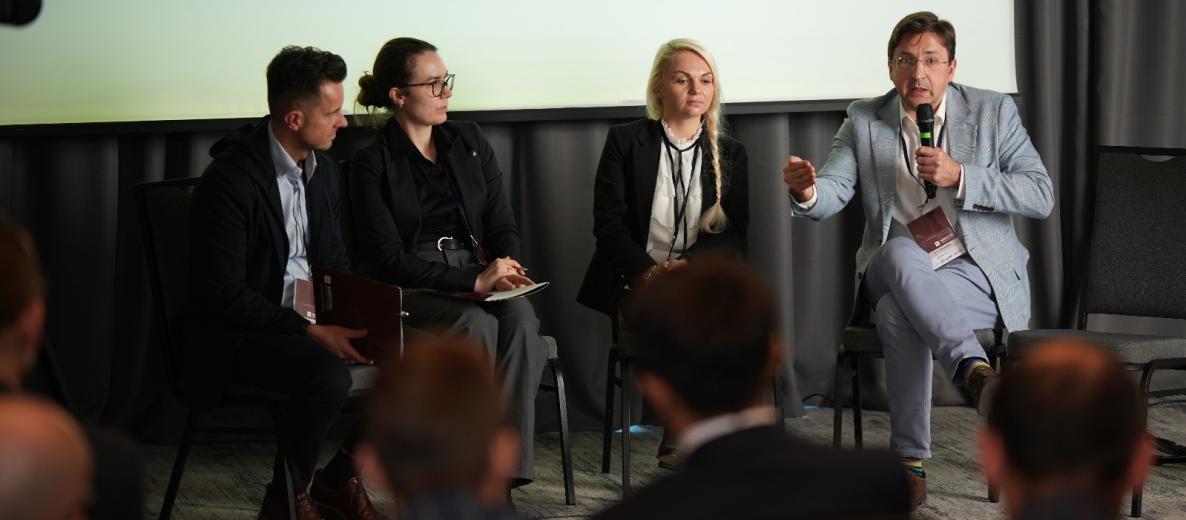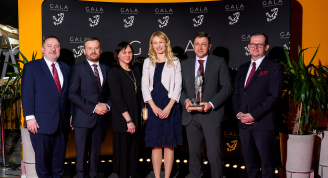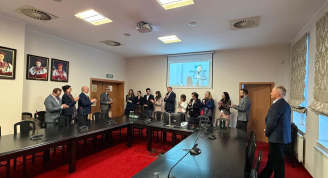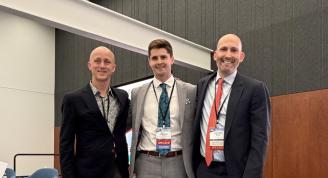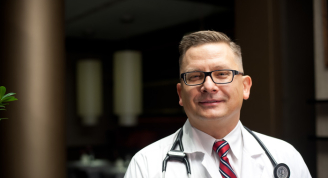What one year ago was just a concept, has now become reality. One hundred participants of last year’s Clinical Scholars Research Training (CSRT) programme at Harvard Medical School in Boston – organised by the Medical Research Agency, decided that after completing the programme they would not disperse, but create a platform intended to actively support the development of medical research in Poland through shared knowledge, experience and friendship.
On these foundations was established the Medical Research Club Poland (MRCP) – a nationwide community gathering researchers from various branches of medicine and related fields. The inaugural MRCP conference, taking place in Bydgoszcz, brought together the CSRT Poland alumni and showcased a broad spectrum of novel research projects. The meeting became a space for exchanging inspiration, discussing the latest trends and deepening cooperation among young science leaders.
During the conference, members shared the results of their work and presented their successes achieved over the past year.
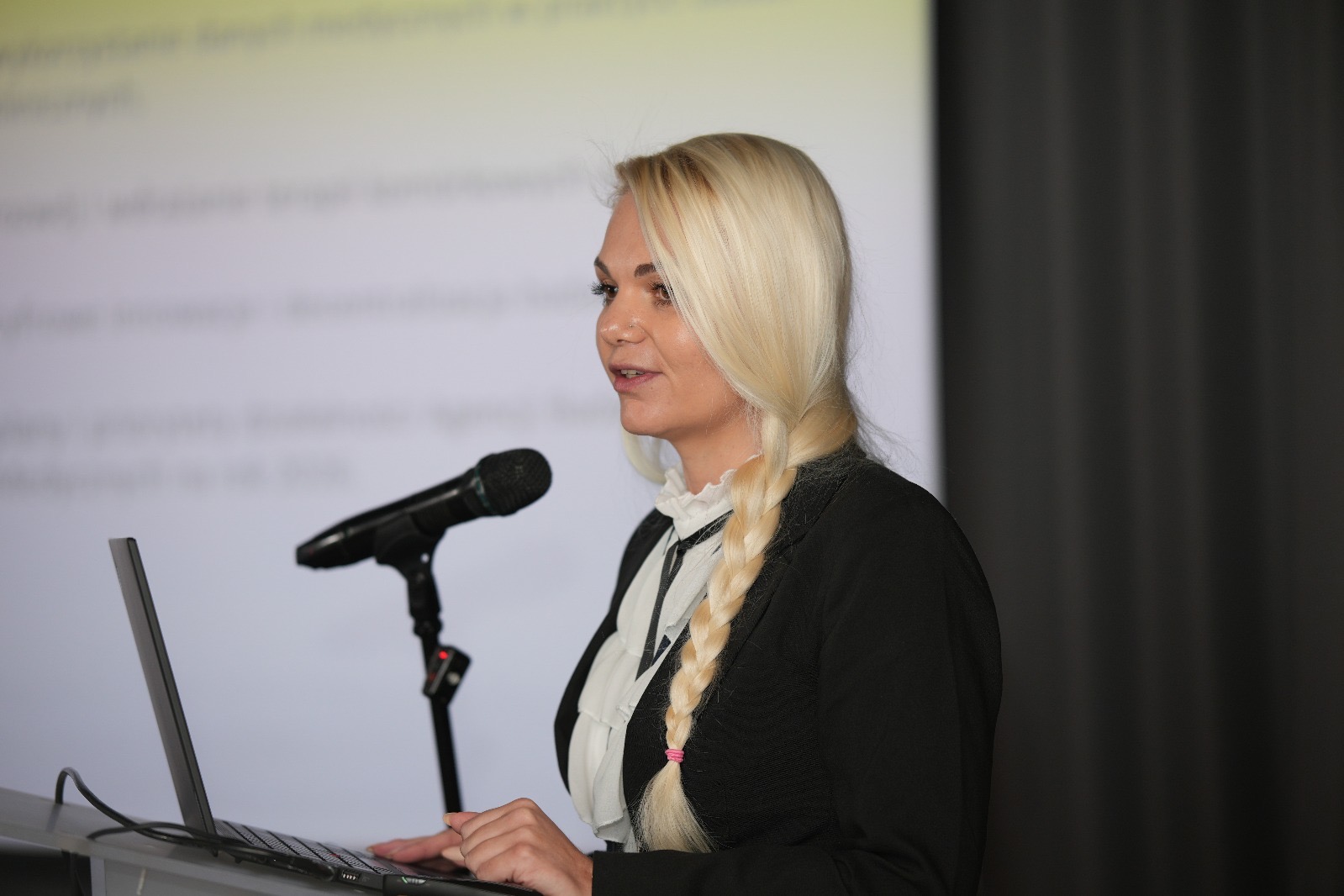
During the PCSRT, beyond the programme’s academic merits, we gained the privilege of interdisciplinary cooperation. At first we did not fully appreciate how valuable that was. The course ended - but we could not and did not want to let it go. From that need was born Medical Research Club Poland, said Julia Umińska, M.D., Ph.D. from the Nicolaus Copernicus University in Toruń w Toruniu and the Antoni Jurasz University Hospital in Bydgoszcz.
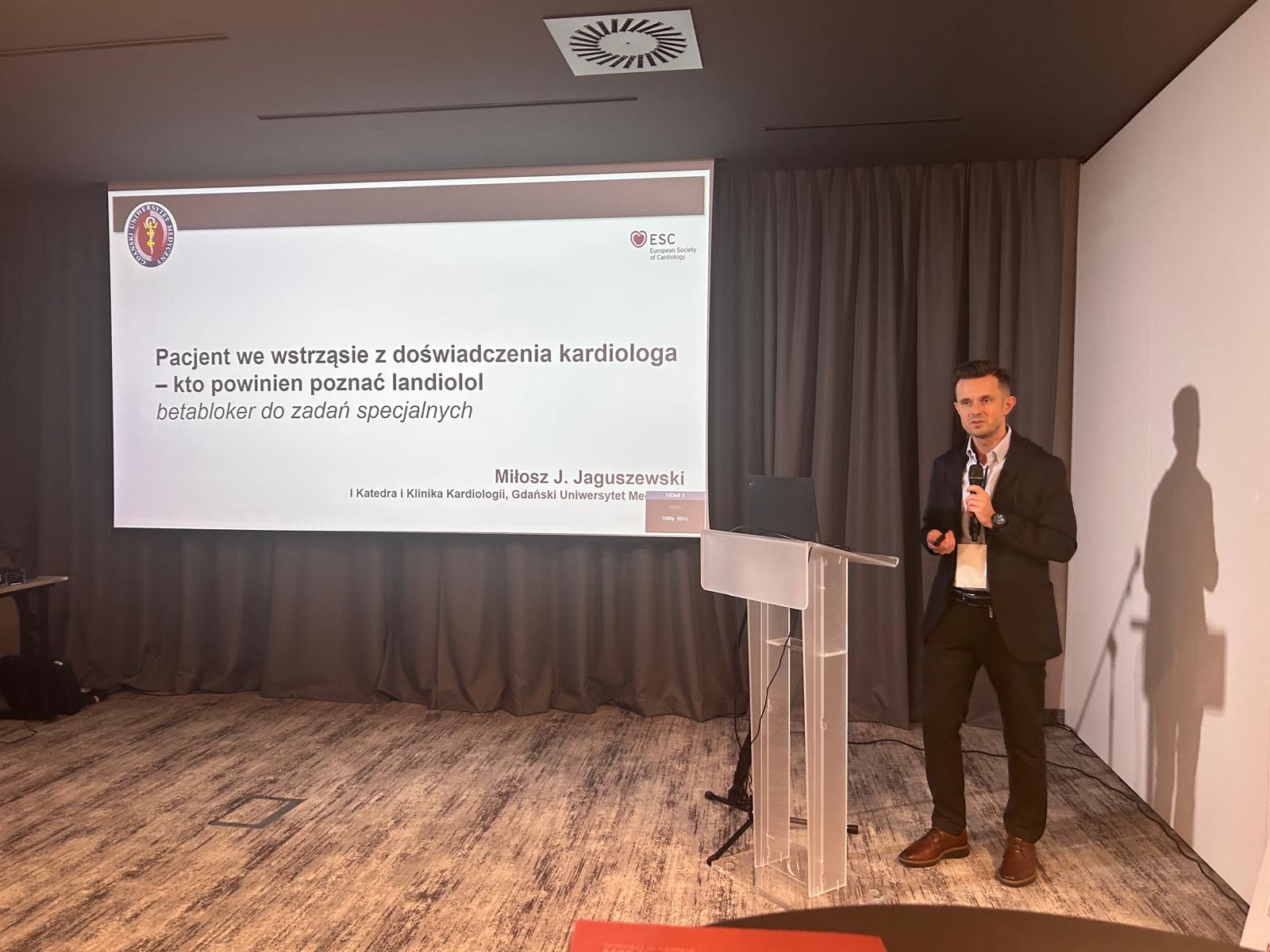
Echoing her sentiment, Prof. Miłosz Jaguszewski from the MUG’s 1st Department of Cardiology said:
Inspired by the atmosphere of science, but also by the friendships quickly formed, we decided that this cannot end here. We must utilise the extraordinary intellectual potential and interdisciplinarity that emerged in this group. In a single place gathered leaders of many medical disciplines – doctors, pharmacists, biotechnologists and health-system experts.
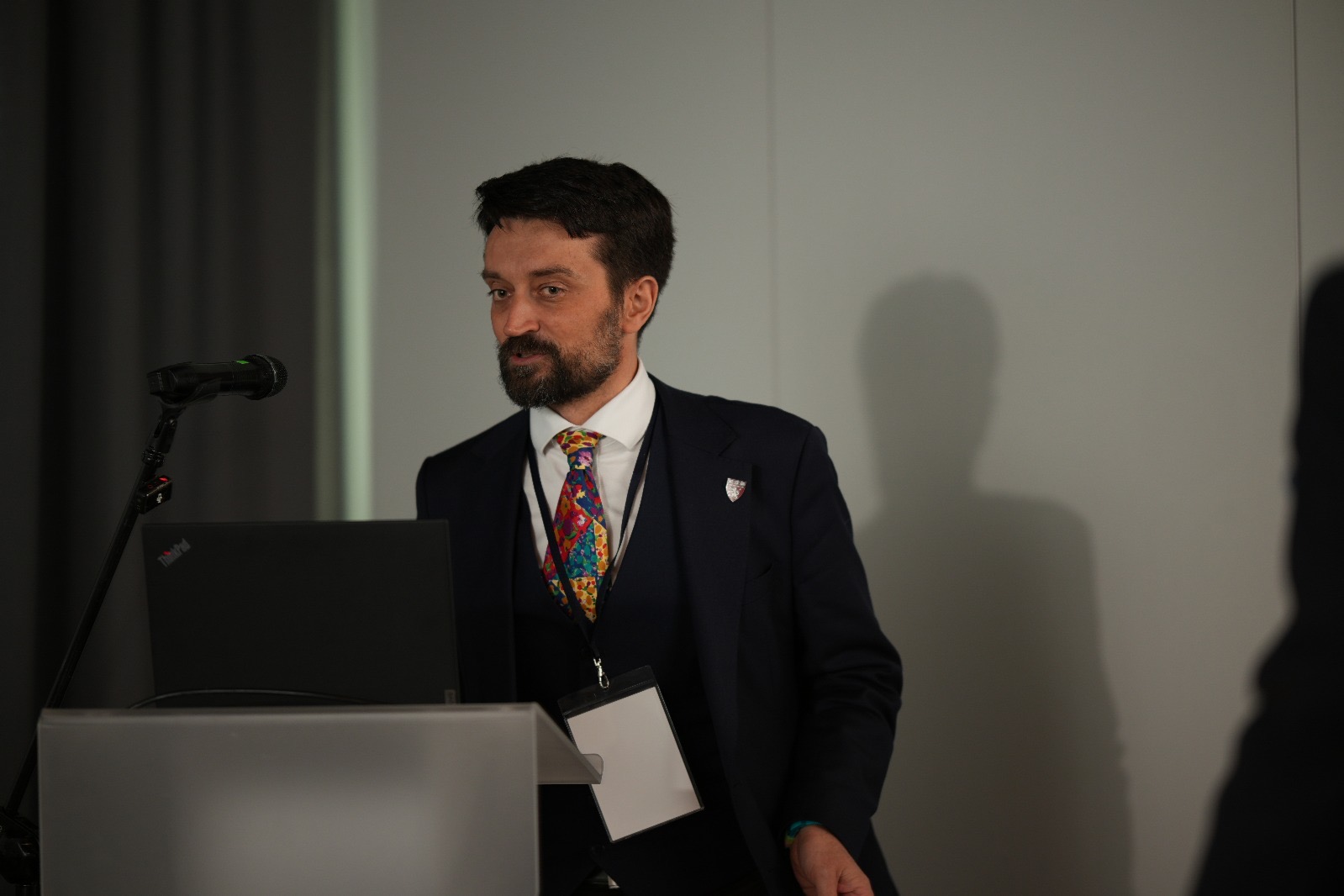
MRCP aims to become a platform for discussion on the directions of health-science research development in Poland. It also intends to serve as a forum supporting the idea of advancing non-commercial research in Poland – relying on the key role of the Medical Research Agency.
A consensus across different specialties was emphasised by Tomasz Marjański, M.D., Ph.D., D.Sc. from the Department of Thoracic Surgery at the MUG and the Vice-Dean of the Faculty of Medicine at the Medical University of Gdańsk
It is said that the greatest battles are fought at the junction of two maps – a remark attributed to one of the British officers during the Crimean War. In medicine, this statement feels remarkably relevant, because it is precisely at the intersection of different disciplines that the most compelling ideas emerge. Through the meetings of the Medical Research Club Poland, we are able to connect these maps of various specialisations, creating a shared space for dialogue and collaboration. Lofty as it may sound, we do this with the good of science in mind.
Karol Grabowski, M.D., Ph.D. from the Division of Psychiatry at the UCC, the MUG hospital stressed that good collaboration within the Club transcends specific medical interests and geographical distance.
CSRT demonstrated most clearly that the greatest asset in science is people. The gathering of outstanding researchers at various career stages resulted in the emergence of a community of people who share common goals, can work together, socialise and support each other in difficult moments. Medical Research Club Poland is more than just Boston and one conference in Bydgoszcz; it’s a community that lives, cooperates, and wants to build something of value together. We must not allow this opportunity to be squandered.
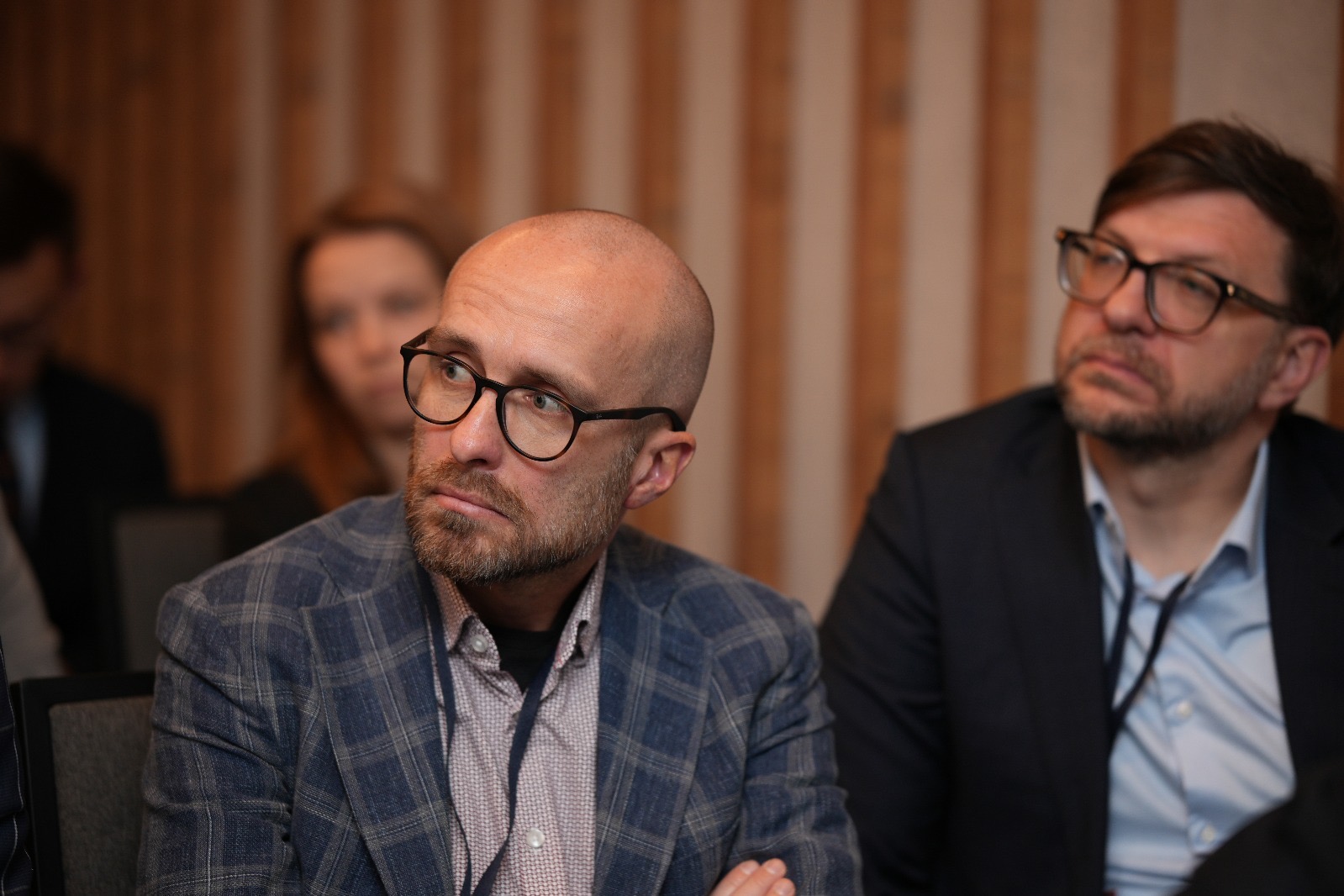
The conference programme also included sessions devoted to innovations with high relevance for clinicians and new perspectives in medicine. A standout moment was the lecture delivered by Prof. Piotr Trzonkowski, which provided both scientific depth and an inspiring direction for the future. The event also emphasised the role of the Medical Research Agency and Harvard Medical School as institutions that enabled the development of this unique research community.
After the success of this year’s conference, MRCP announces further activities and continuation of these highly inspiring meetings. The doors of the Club remain open to alumni of future CSRT editions, who will join in building a new force in Polish science.
MRCP is a truly exceptional initiative. Not only because it gathers people with great competency, but above all because it has the potential to become a pioneering enterprise that will significantly impact the future of Polish science. The shared experiences that united us during the Harvard programme allowed us to form a diverse group of individuals with courage, ambition and a shared vision,” the founders note. Their interdisciplinary spirit and readiness to cooperate open entirely new fields of research, helping identify gaps in knowledge and work together to fill them. Yet, what they value most, they say, are the relationships – honest, friendly. The fact that we not only maintain but strengthen them gives me huge faith in the future of this community, concluded Michalina Kołodziejczak, M.D., Ph.D. from the the Nicolaus Copernicus University in Toruń w Toruniu and the Antoni Jurasz University Hospital in Bydgoszcz.
The conference was held under the honorary patronage of the Medical Research Agency and Prof. Dariusz Grzanka, Vice-Rector for the Collegium Medicum of the Nicolaus Copernicus University.
